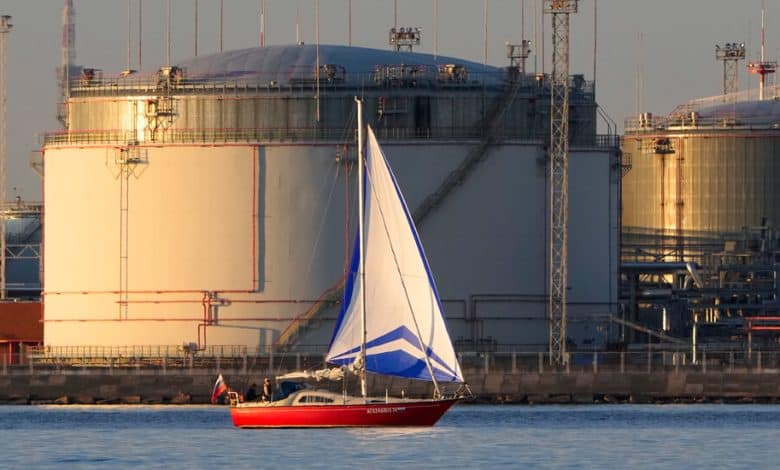OPEC to Meet Amid Signs of Waning Influence on Oil Prices

When officials from many of the world’s biggest oil-producing countries meet on Sunday, their menu of options for managing the market may be limited.
Over the past two years, the group known as OPEC Plus has agreed to a succession of cuts to oil output. The oil producers’ assumption has been that these trims would be temporary, but they have begun to take on an air of permanence as prices have been relatively subdued. Any relaxation of cuts would risk sinking prices in what looks like a soft market, analysts say.
It is a frustrating situation for oil producers like Iraq and the United Arab Emirates, which could pump additional crude, bolstering their budgets. “That’s where the discomfort for some members comes,” said Richard Bronze, head of geopolitics at Energy Aspects, a research firm. “How do we get out of this cycle?”
Mr. Bronze said OPEC Plus would most likely agree on Sunday to extend voluntary cuts of 2.2 million barrels a day by eight of the group’s members, including Saudi Arabia and Russia. Saudi Arabia’s oil minister, Prince Abdulaziz bin Salman, who is expected to lead the meeting, relishes surprises, so other outcomes are possible.
These cuts were supposed to run through June, and came on top of other earlier agreed reductions. The multilayered measures, hatched in an effort to satisfy a diverse group of interests, have become so complicated that they have become difficult even for close market watchers to follow. “Everyone just loses track,” Mr. Bronze said.
Since the recovery from the pandemic, hefty growth in output from countries that don’t go along with OPEC Plus, including the United States, Guyana, Brazil and Canada, has prompted producers like Saudi Arabia to rein in supplies in an effort to maintain prices. At the same time, demand has not grown enough to soak up supplies.
